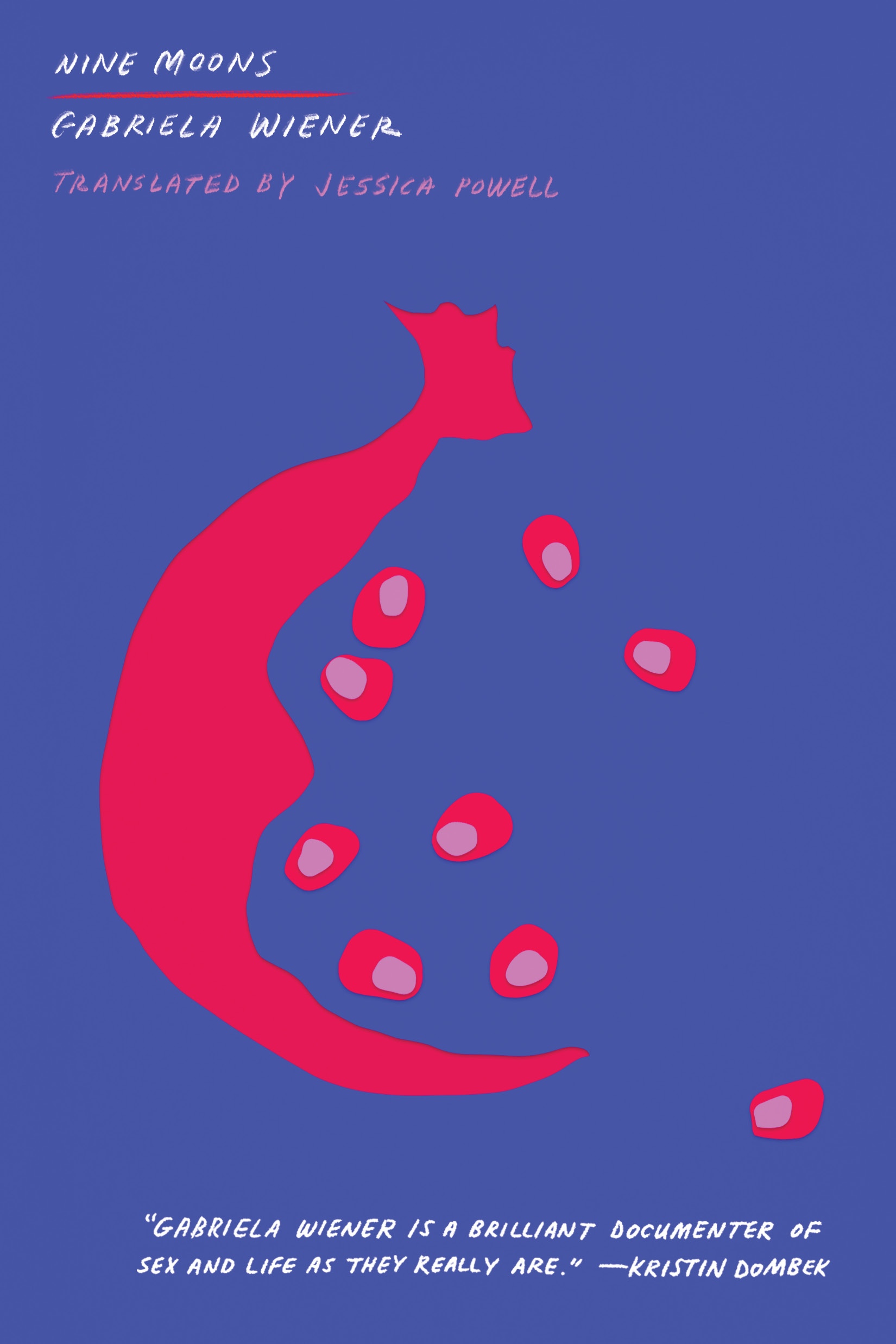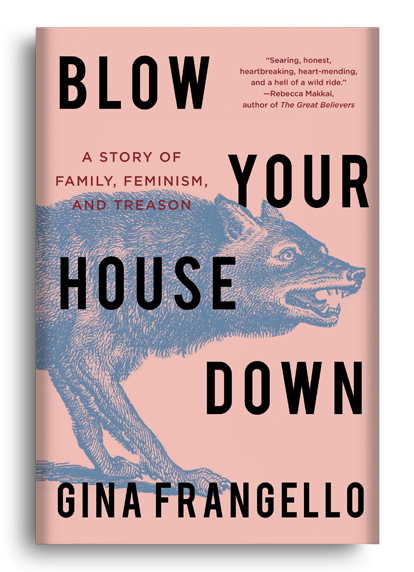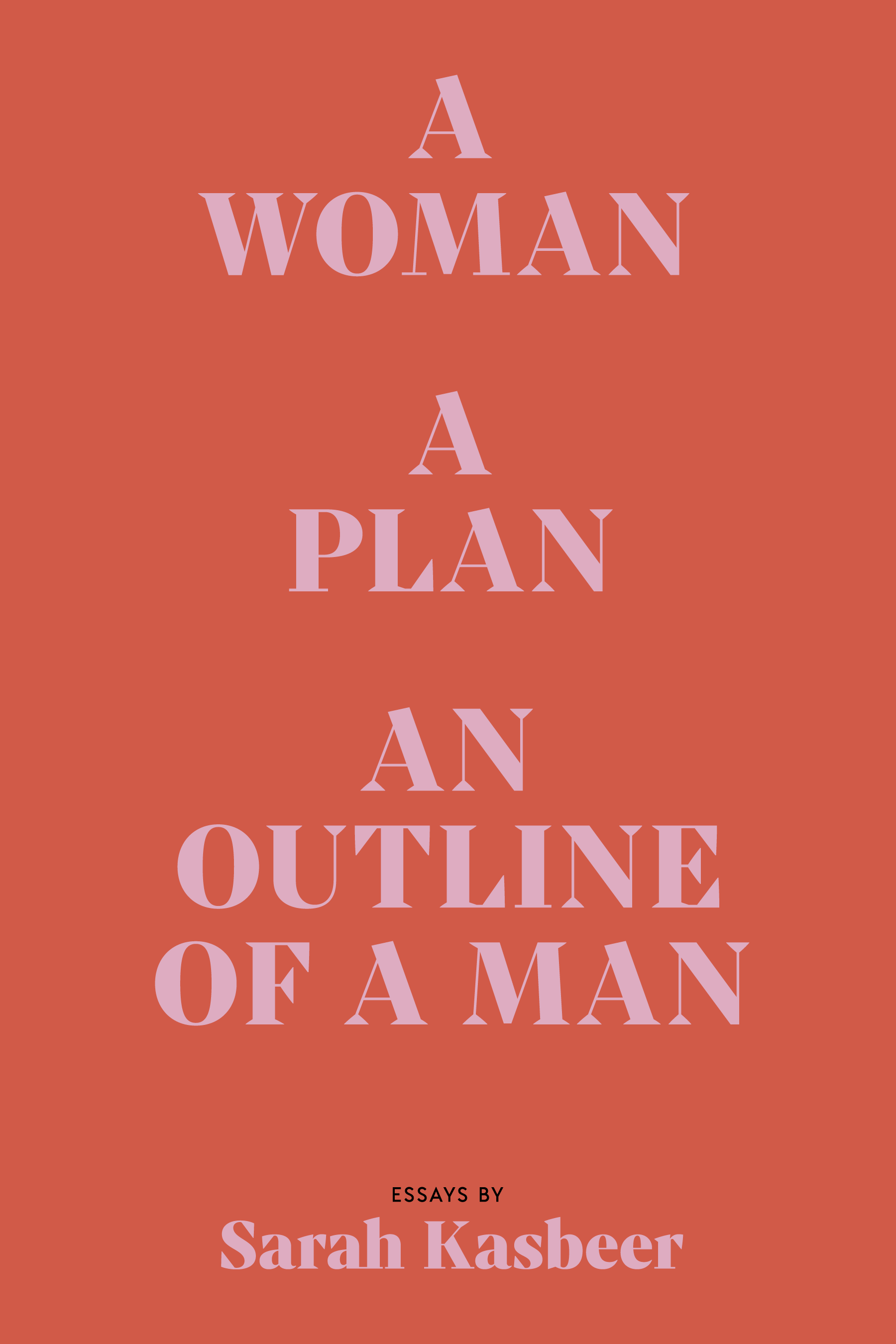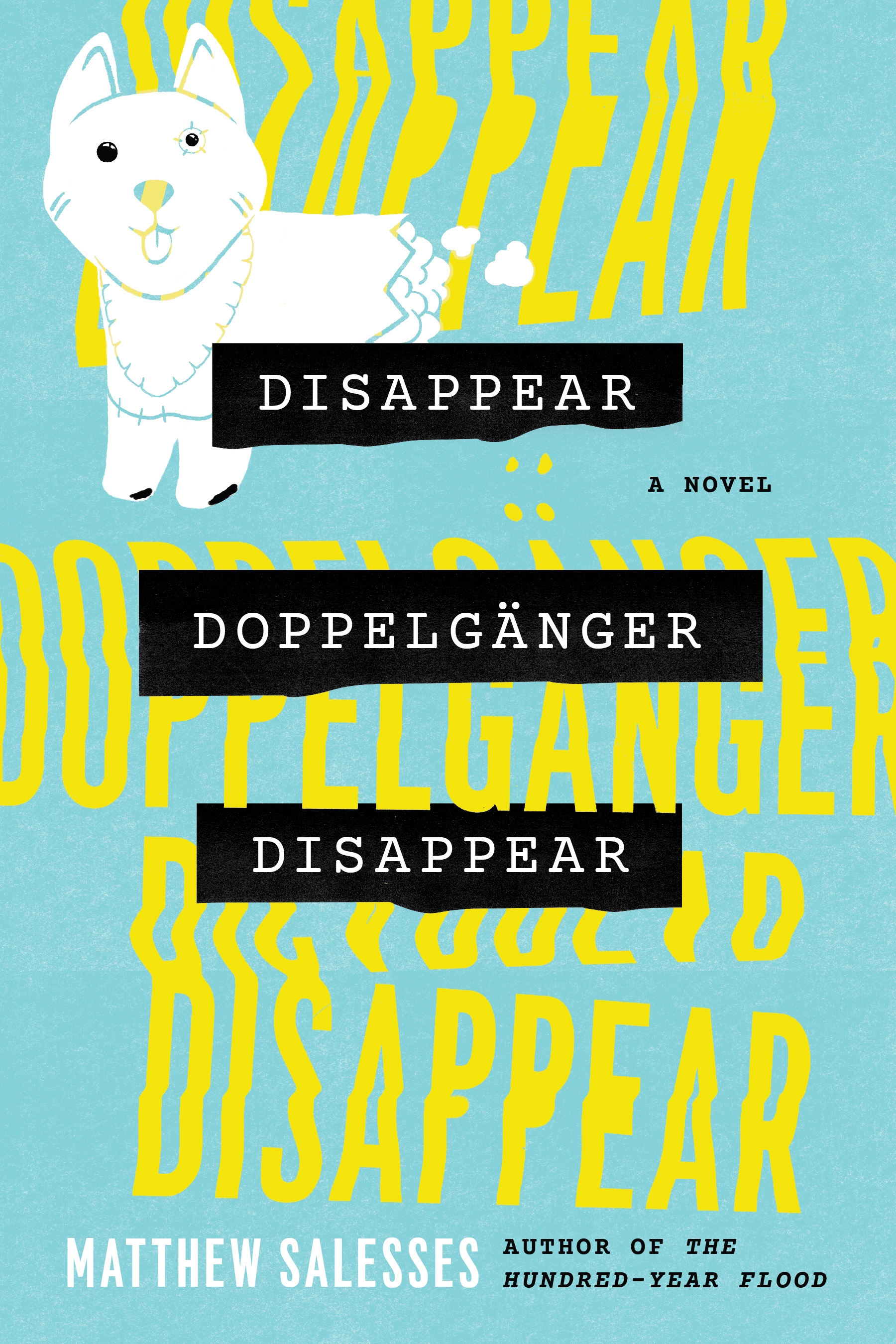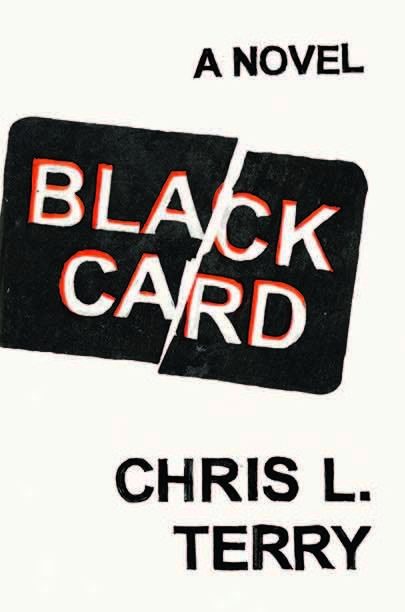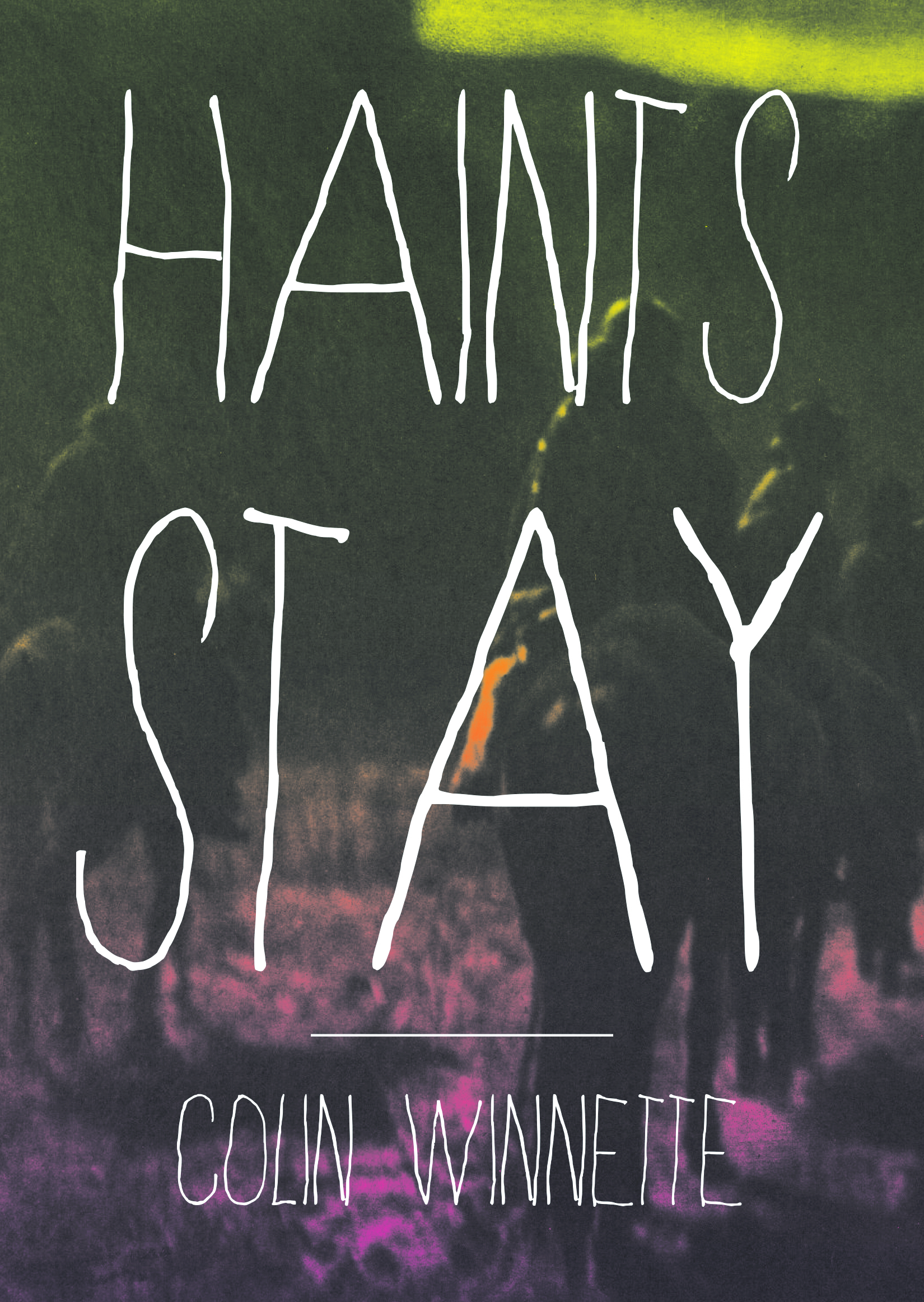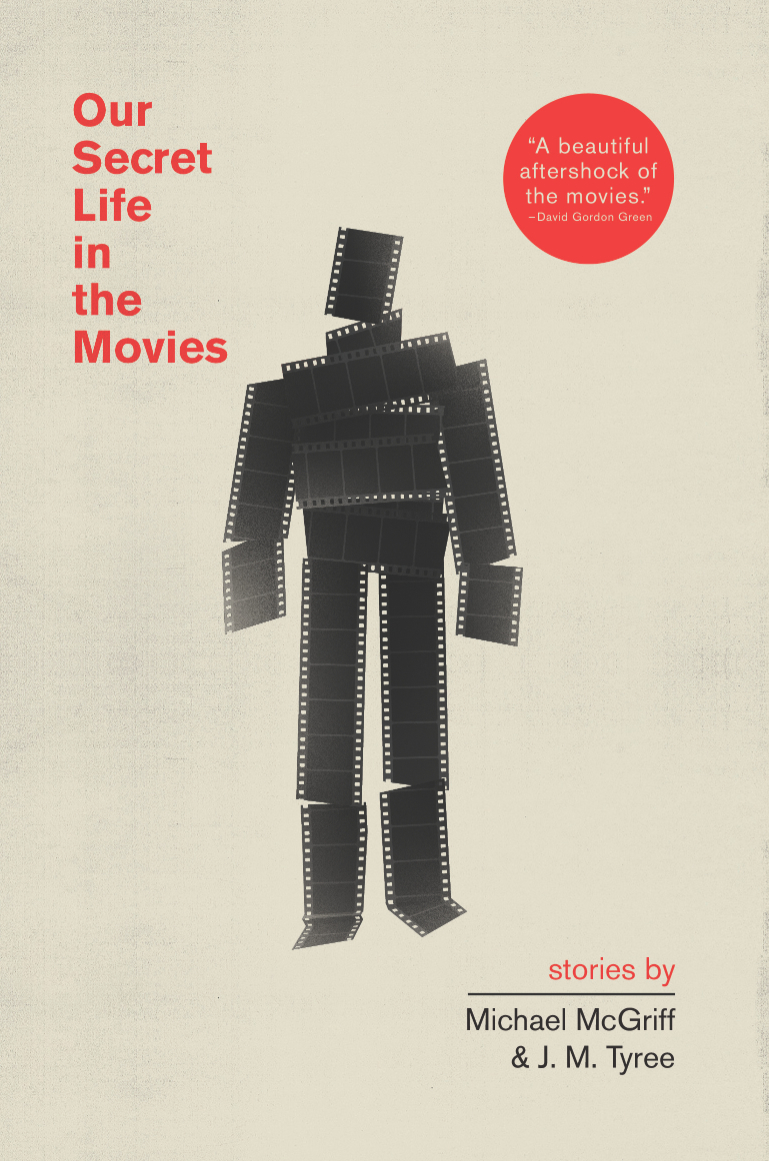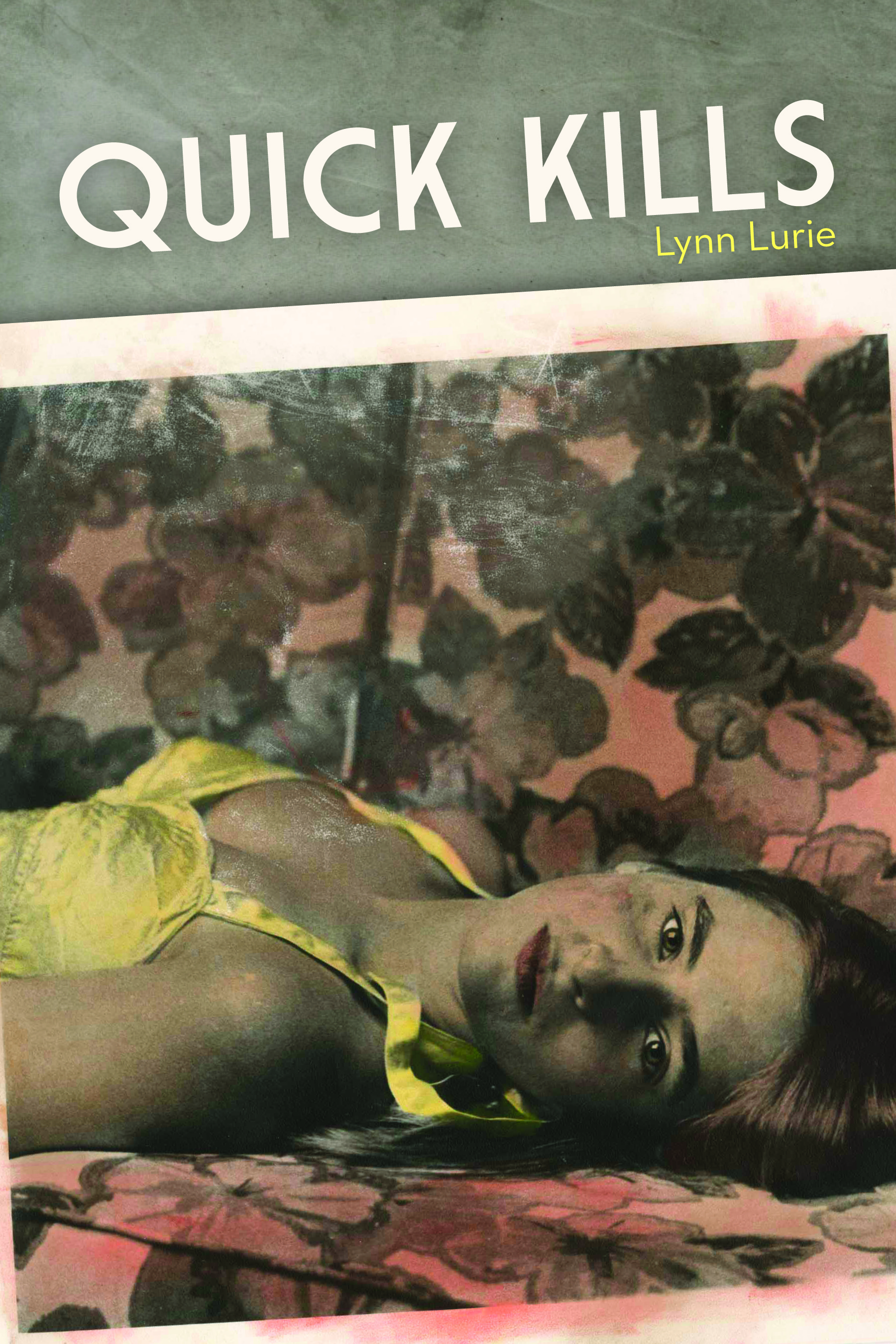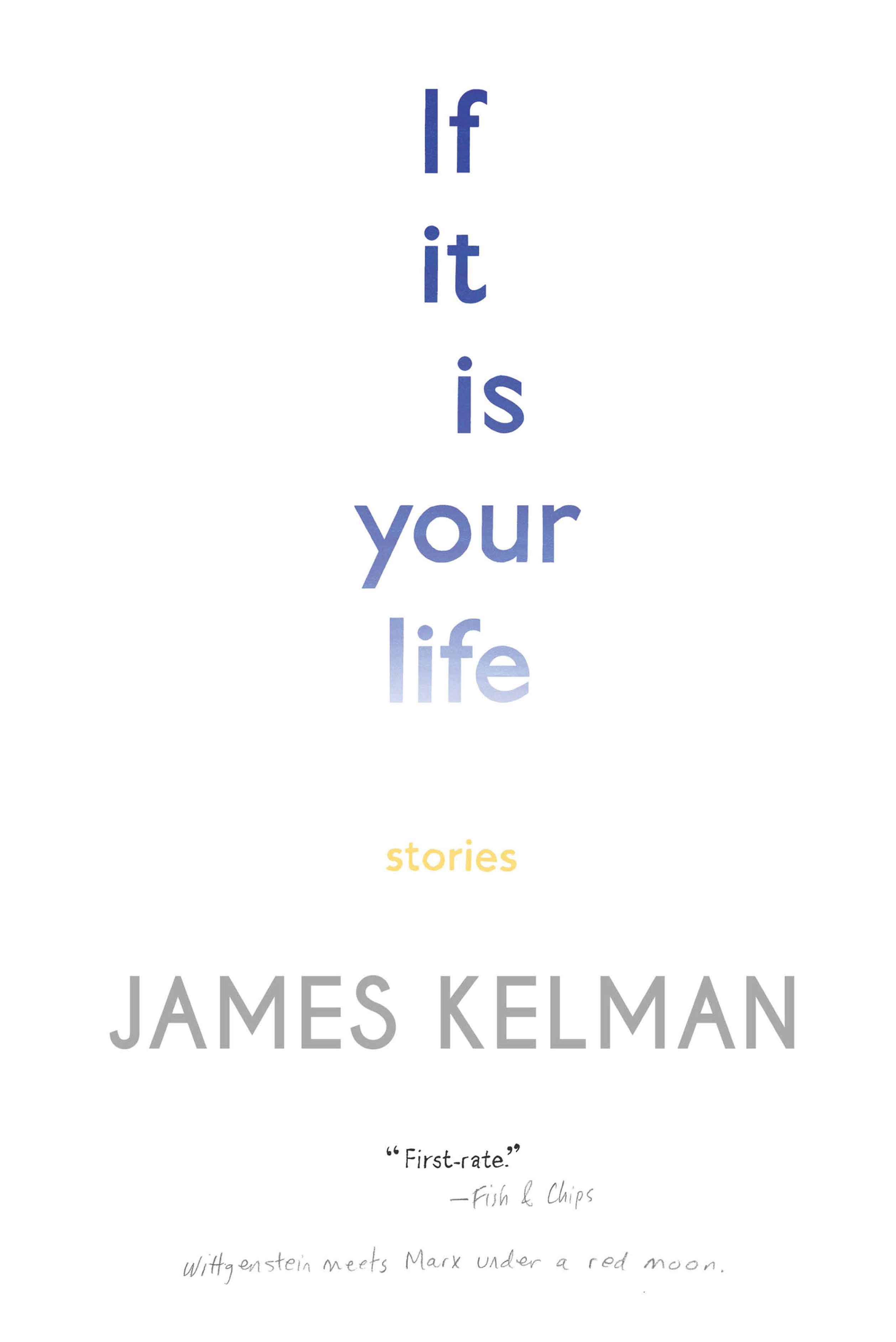Small Plates
an excerpt from
Amor and Exile
by Nicole Salgado and Nathaniel Hoffman
Editor’s Note
I first met Nicole Salgado only a handful of weeks ago. I was in Querétaro, Mexico for a week-long writing workshop, and Nicole had come to speak to our group about a book she’d published last year with U.S.-based journalist Nathaniel Hoffman. A hybrid of memoir and journalism, Amor and Exile: True Stories of Love Across America’s Borders is partly a first-hand account of Nicole’s journey from the States to Mexico, a move she found herself forced to make when, due to strict American immigration policies implemented by the Clinton Administration in 1996, marrying her undocumented Mexican partner did not grant him automatic U.S. citizenship. Rather than risk her husband’s permanent deportation or follow the trajectories of so many other binational couples who live apart from one another, on opposite sides of the border, Nicole chose self-exile in Mexico, where she and her husband have resided since 2006 and have been waiting the requisite ten years before he is legally allowed to apply for U.S. status.
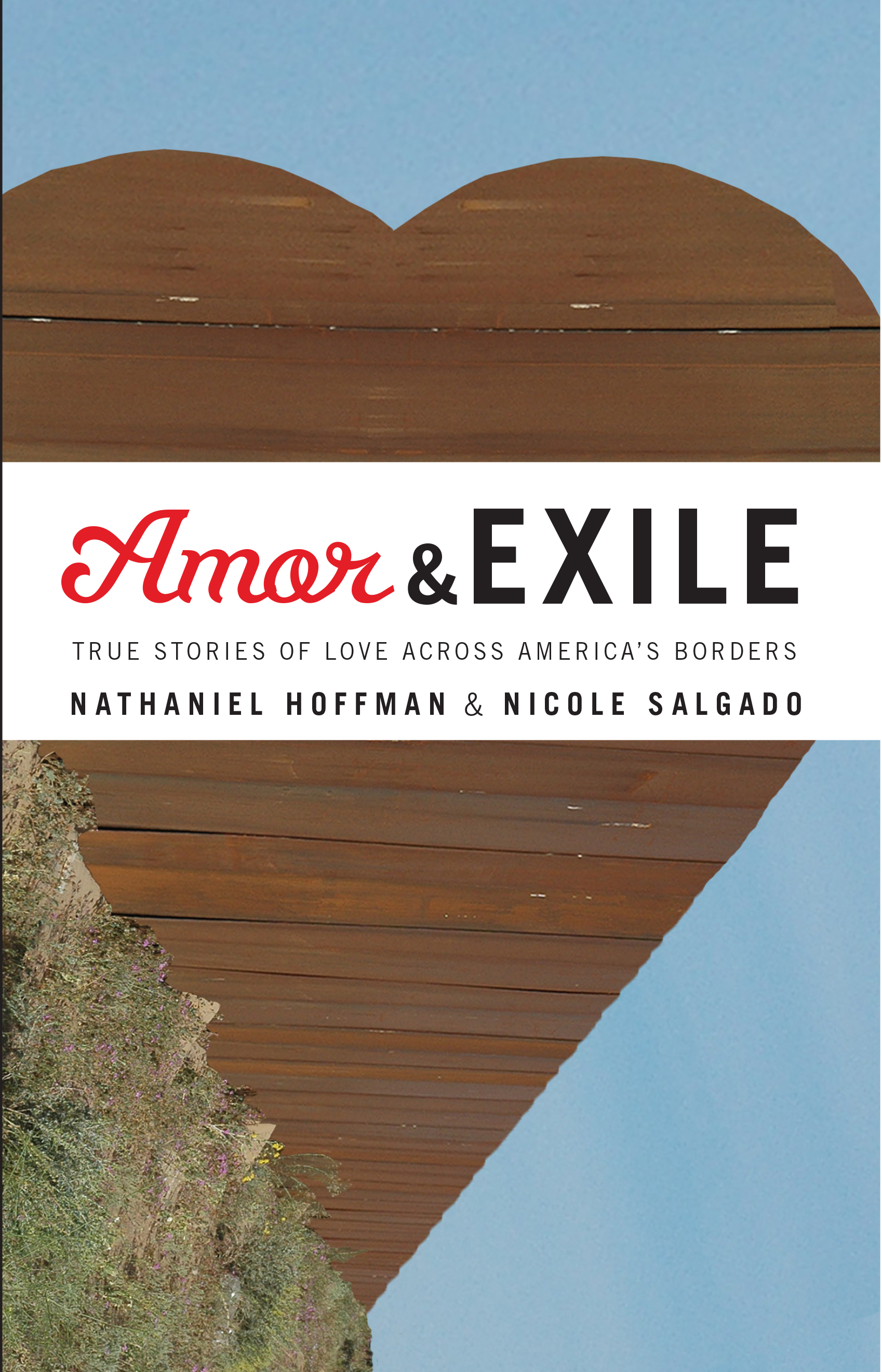
Nicole’s is a narrative shared by hundreds of thousands, and the other half of Amor and Exile — written by Nathaniel — is devoted to unpacking the legalities and history behind the U.S.’s complex but often confounding immigration policies, and to the countless stories of other families affected by the emotionally detrimental nature of border politics. While Nicole is an ecologist and educator by profession, she has also become an advocate and activist for immigration reform, and remains an important fixture in her community in Querétaro. She has remarked on her decision to co-author the book:
I am passionate about telling my story so that others can understand the impacts of current immigration law on binational families like mine. Despite all the hardships I’ve faced, I remain committed to working for positive social change, and haven’t lost hope that someday my husband will obtain the legal right to join me and my daughter in the U.S., and for thousands of other families like mine to reunite in their homeland.
Towards the end of her reading, there was a moment when Nicole had to pause and take a minute to collect herself. “I’m sorry,” she said to our group, clearing her throat. “I usually don’t read this part out loud.” No one said anything, but she had no reason to apologize. It is an unthinkable thing, to choose between your country and the person you love. That it is now 2014 and the U.S. government continues to stall on immigration reform and force its citizens into ultimatums like this one is, in my mind, unconscionable.
The following long excerpt is the same one Nicole shared during her reading. It’s titled “The Road South, 2006,” and describes the tense drive Nicole and her husband made over the border. For anyone who has made a similar crossing, under similar circumstances, or has family or friends who have done so, I am glad Midnight Breakfast is able to share a version of your story. For everyone else: I hope this will help shed light on the importance of the issue, and will move you to read the rest of this remarkable book and to take action as Nicole has done, if only in the smallest of ways.
— Rebecca Rubenstein, Editor-in-Chief

My first memories of Mexico stretch back to when I visited family in San Diego as a child. On the other side of the Tijuana River, a concrete channel covered with green scum, was a little girl selling bracelets. Everything about her image still haunts me — so young, unkempt, and alone.
I later made Spring Break forays with friends as a college student. In Mexicali, I danced with a one-legged man, and I journeyed to Guerrero Negro in search of grey whales. I’d co-led the high school service trips to Tijuana and Vicente Guerrero. I’d even been to the city we were moving to, Querétaro, to meet Margo’s family by myself.
But nothing could have prepared me for the life that was awaiting me in Mexico, and no trip affected me as much as the day I bid my country goodbye and my husband and I left the U.S. together. There was a lot riding on that southbound trip in our filled-to-the-brim Ford F-250 with no return date in sight. Never before had it been more important for me to be the perfect travel companion, for me to join Margo in the condition he’d lived for five years in the U.S. as an undocumented immigrant: perfectly invisible. The day we crossed from Nogales, Arizona, into Nogales, Mexico, I was no longer an American tourist. From that day forward Mexico would be my new home.
We spent our last night in the Bay Area at the home of Margo’s best man from the wedding, Carl. After sharing a dinner of Thai takeout with him and his family, we slept on their futon in the living room. In the morning we said goodbye with lumps in our throats, walked to our truck, climbed in, and began our journey.
We drove through California and finally entered Nevada. Highway 15 was so windy that our F-250, packed with all our possessions and topping out at around six tons, swayed with each gust. When I could no longer stop the truck from veering into the adjacent lane, I turned the wheel over to Margo. Dust swirled in spirals across the freeway, reducing visibility. Just as conditions became too dangerous to continue, we approached the Vegas city limits, noted by the glow of thousands of multicolored lights.
We quickly settled on the Excalibur as a place to stay, checked in, and parked in the back lot where we secured the tarp over the load on the camper roof.
We must have looked like a couple kids in a candy store as we walked through the back door. It was Margo’s first time in a casino, and the slot machines transfixed him. Ascending in the gilded elevator, we saw ourselves grinning in the wall-to-wall mirrors. From our room’s bird’s eye window, you could see the fake castle facade lit up in a watercolor palette of floodlights. I’m embarrassed to say I actually took pictures of the gnome perched on one of the turrets.
The clock was ticking on our date with the city that never sleeps, so we quickly readied ourselves to hit “The Strip.” We walked less than a mile down Las Vegas Boulevard, peeking into various casinos before we headed back in the direction of our hotel. I sensed an intangible distance from the people around us who were carrying drinks and having fun. We were there physically but unable to partake in the revelry, although we still had the pleasure of observing.
We must have lingered for more than an hour at one of those amazing casino buffets, literally savoring the last bites of the country we were about to depart. Inside the Luxor pyramid, Margo lingered again, staring up at the inner balconies of the rooms perched over impossible inclines. In a photo I snapped of him leaning on a rail and gazing at the lights of Paris, Paris and its imitation Eiffel Tower, there is neither happiness nor sadness on his face, just contemplation. When I asked him what he was thinking at the time, he recalled that he was simply happy to be there.
Arriving at the Grand Canyon was an exciting moment. Driving into the parking area, we passed an elk with an enormous rack grazing on the side of the road. Even Margo, who usually rejects my offers to use my binoculars, spent minutes staring into them at vultures spiraling up the thermals and at the intricate features carved in the rocks miles away on the North Rim. When he started getting antsy about getting back on the road, we left. Usually so cool and collected, he was clearly anxious about the trip ahead — part of him seemed to be elsewhere. His mood took me by surprise and only added to my own nervousness. It forced me to calm my own reactions, lest we both shut down at the same moment.
The leg from the Grand Canyon to Phoenix is practically blank in my memory. The most that Margo and I are able to recall is a Red Roof Inn, close to the highway, and in a run-down neighborhood with an open parking lot, which made him worry about the truck.
We set the alarm to get an early start on the road to Nogales. Neither of us got much sleep that night. Even our familiar irritability would have been preferable to the sort of robot-like behavior we both developed an hour before entering the city. We shared few words, and only then for trading logistical details. Adrenaline started to trickle in, but I didn’t notice it until later when it surged through my veins like a garden hose with the nozzle off.
As much as I love the U.S. and the life I’d lived there for the last twenty-eight years, I couldn’t help but perceive a sort of darkness as we approached the border zone. It wasn’t my standard carefree road trip. On one hand, having been raised as a law-abiding citizen, I was terrified of the consequences were we to be stopped. Whether we were leaving or not was unimportant. I could have been charged with smuggling Margo into the country, or he could have been detained and served with a deportation order. But on the other hand, as my fear for our safety grew, I knew we were only doing what we had to do to survive. I couldn’t expect anyone to sympathize unless they’ve lived through it themselves. The plan was to just drive through Nogales, Arizona until we crossed the border into the “safe harbor” of Nogales, Mexico. If we could pass through undetected, all would be well. So we developed a sort of tunnel vision “al otro lado.” Unfortunately, even the best laid plans sometimes go astray.
When we finally approached Nogales, I was driving. Through my jittery nerves, I maintained a sort of survival mentality: No one is ever going to look twice at you guys; you just look like you’re going on a camping trip. My mind would not allow me to entertain any other possibility than us sailing through the border without any hitches. Despite the fact that we are usually so prepared, Margo and I had not discussed a back-up plan in the event that he was detained. Perhaps that possibility was too much for either of us to bear.
Everything had gone smoothly so far. I need to make constant pit stops, so I’d used a rest stop earlier, to avoid needing one mid-border-crossing. As we entered the final miles that represented the U.S./Mexico border zone, it looked we’d be on the other side in a matter of minutes. We slowed as the road narrowed from multilane highway to a two-lane road through town. The road gently curved down into a valley and a median separated us from the northbound traffic. Part of me grew excited as signs began to appear for the border, like: “INTERNATIONAL BORDER 1/2 MILE AHEAD” or something like that. I noticed orange flagmen on the right hand side, waving their flags vigorously at us. “Don’t slow down, keep going,” Margo urged. “They’re just trying to get people to park in their lots.” So I ignored them. We probably had less than a quarter mile to go.
But then my phone rang.
“My phone is ringing!” I exclaimed. Several thoughts ran through my head in an instant — who could be calling me at this moment? Should we answer or not? Do we even have time to answer before we reach the border?
No cell phones were allowed at the border. I felt exasperated, but something told me not to ignore it, that the timing was too uncanny. “Answer, answer!” I told Margo, explaining where it was. He fumbled in my purse and pulled it out, flipping it open and putting it to his ear. “Hello?” He started to turn to me. I shook my head meaning to say, I can’t talk right now! Instantly, I felt a sinking feeling that some wrench was about to be thrown into our plans. He held the phone away from his face. “You have to turn around,” he said.
“What? No way!” I shrieked. This was not supposed to happen. But I slowed involuntarily. Then I saw the blue road sign: Last Return Before Border, 250 feet. My heart started pounding uncontrollably as my hands gripped the wheel. I’d taken my foot off the gas and we were coasting.
“Nicole!” Margo’s calm, but strained voice snapped me back to reality. “It was the guy from the aduana” — the service that would process our truck’s legal papers — “you have to turn around and go back.” As much as every fiber in my body rebelled against that command, I forced myself into the left-turn lane. “Where?” I asked, defeated. “Where do they want us to go?” And how did they get my phone number, and how did they know where we were? I wondered simultaneously.
“Turn into the Burger King up ahead,” Margo replied. He spoke and I drove as if we were in a trance. We should be crossing into Mexico, I kept thinking, why am I driving north? Up ahead, I saw the entrance for the Burger King and pulled in to the parking lot. I didn’t even have time to ask Margo what was going on when a car pulled up behind us. A man got out and approached the truck. “Follow me,” he said to Margo. He pulled out, and we dutifully followed behind.
We drove around the block and turned into an overgrown parking lot. Our mysterious leader parked and got out of his car and walked over to Margo’s side. Margo rolled his window down, whereupon the fellow began to give Margo some instructions for processing the truck paperwork in Spanish. His normally steady hands trembling, Margo opened the glove compartment and took out the folder with the truck’s title. He brought out his wallet, and fished out his Mexican voting ID. He handed them over to the strange man, who disappeared. Margo sat back and I looked at him, mouth agape.
“What just happened?” I demanded. “I gave him the title and my ID so he can start the pedimento,” Margo answered nonchalantly, as if it made perfect sense that we’d be doing business in a parking lot overlooking the highway in the border zone, with someone we’d never met. “And what’s he going to do with it?” I wanted to know.
“He’s going to send someone to take pictures of the VIN and GVWR in a while, and then afterward we will pay.” Margo had never done this either and was only parroting what the fellow had told him. I sat back in my seat. This had not been part of the plan.
“How did they know to call us?” I asked.
“They knew we were crossing today — the flaggers tried to stop us when they saw our truck — we didn’t stop, so they called us,” Margo responded, as if it were obvious.
“But why do we have to do this here, and not once we get into Mexico?” I complained.
“I didn’t know we’d have to do this,” he kept saying. “I don’t know why.” He told me that the fellow had said this might take a few hours. Oh great, I thought. But we had no choice. We settled in to wait.
The parking lot was on a knoll perched over the highway, removed from the main road by a short side street shared with the Burger King drive-through. From where we were sitting, you could see the dusty colored hills of the Mexican horizon beyond the border zone. For the first ten or fifteen minutes, it was bearable. But then Margo announced, “I’ve got to pee.”
“Well, you’re not leaving this truck, so you’re just going to have to hold it,” I snapped. He was less than one hundred feet from the Burger King bathroom, but in order to avoid running into the Border Patrol, he’d have to wait it out.
After sitting there for more than an hour, we were sweating badly, and our legs and backs started to cramp up. My left arm was starting to get sunburned. Margo was trying to appear relaxed, but you could tell he was tense and feeling impatient. He gazed out the window. “Tardan mucho, no? (They’re taking a long time, no)?”
We chatted the same lines over every ten or fifteen minutes, wondering aloud why we’d had to stop here, and if this was really going to work out. Just when I started to get seriously worried we were being scammed, a young woman approached the vehicle on my side. She motioned for me to open the door, which I did. She spoke to Margo in Spanish, which I thought I knew so well, but I didn’t understand her. “She’s going to take pictures of the sticker on the inside of the door,” Margo explained. She pointed her lens toward the sticker with all the details like weight rating, recommended tire pressure, etc.
As she took the pictures, I wondered if she even noticed how odd we were acting. We must have appeared normal, because she didn’t look at us strangely — in fact, she didn’t even look at us at all. The foto chica disappeared as unceremoniously as the other fellow had. “Now what?” I asked Margo. I was getting fed up with the way things were being handled. “At least she came to take the pictures,” Margo offered. I had to agree. That touch made the process feel more legitimate. “Now we just have to wait for him to come back and we will pay and get going,” he mused.
Prior to and during our journey, I’d willed myself to not think about the “what ifs,” since my fears were naturally of the disastrous sort. They were pretty easy to ignore while cruising down the highway at seventy miles per hour. But sitting still in the parking lot, my worries came flooding in. What if neither of us could hold our pee any longer? What if the paperwork process took all night, would we have to sleep in the truck? What if the Border Patrol noticed us and came over? Could Margo go to jail? Would I? What would happen to our things? Would I have to drive back to California alone? How would Margo and I contact each other? When they threatened to get out of control, something kicked in to cut off the train of thought, producing a sort of tingly, hollow feeling in my body, as if I was floating or careening down a zip line. Pure adrenaline.
September 18, 2006
Height of fear and trepidation. We had to stop here and stare at the border and hold our pee for two hours. We watched about ten or twelve Border Patrol trucks circle by, even pulling into the Burger King takeout line less than fifty feet from us… Our hearts were beating so fast that for a moment I contemplated how it would be if a Border Patrol officer came up to me, what I would say. I decided I would tell him or her the truth and try to talk my way out of it…
Sometimes when kids play hide and seek, they think that if they shut their eyes, no one will see them. That was my strategy. Keep looking straight ahead, and no one will look at you. Nope, no need to glance over at that American girl and the Mexican guy next to her. They are just taking a well-needed pit stop in the shade of a willow tree in an abandoned lot next to the Burger King drive through. They are not waiting for illicitly crossed northbound passengers to jump in the back. In fact, we can’t see them at all because they are invisible. That was my hope.
Especially when, out of the corner of my eye, I saw a Jeep with white lettering on the door pull up to the Burger King drive-through window. For an instant, I felt a twinge of jealousy. It would have been nice to pop over to BK and go in to get some lunch, some drinks, use the bathroom, lounge in the air-conditioned booths while waiting for the paperwork to get finished up. But the risk was too great and I put the thought out of my head. Then the panic hit when I realized it was a pair of Border Patrol officers.
First my heart started to pound and my armpits and palms became dripping wet. When the Jeep’s uniformed passengers received their order and settled back into their seats, I realized that the bags of food in their hands were distracting them from looking our way.
“I hope that guy comes back soon,” Margo sighed. He hadn’t seen the Jeep. Trying not to scare him, I casually fiddled with the radio tuner dial. I watched out of the corner of my eye as they pulled out of the exit below us and disappeared down the highway. I let out my breath. “I’m sure he’ll be back soon,” I lied, as I slipped a CD into the stereo.
My heart was still beating in my ears, and my breathing was shallow. Only then did I realize my heart had been racing for almost two hours. I had to calm down. I found a relaxing spray that an herbalist friend had made me for the trip and spritzed it over myself. As I inhaled the sweet smelling mist, I reminded myself that soon the paperwork would be complete, and we’d be back on the road. I’ve never been a great meditator, but that horizon ahead and the desire to not lose my sanity was a pretty great focal point. The adrenaline didn’t hurt, either. It’s made little ladies lift cars off people, and in my case it made the unbearable waiting possible. Faith in a fortunate outcome became my only rope to reality.
Just when I started to dissociate, the first fellow reappeared at Margo’s window with a handful of documents. After some brief discussion, Margo fished out his wallet yet again, this time to pay the fee for the legalization. But it quickly became apparent that things wouldn’t be done just with forking over the cash. The man, whom we’d discovered was named Christian, explained in his maddening but compelling way that we needed to follow him to the “other” border crossing in Nogales (which I later realized was the commercial crossing), where he’d make the deposit and we’d be free to go. We nodded obediently, buckled up, and I cranked the diesel engine, pulling out in a hurry to catch up with him. I sure hope this is legit, I thought. Margo looked optimistic.
We eased onto the highway in the opposite direction again, made a few turns, and then the road began to roll gently downhill again and widened before us. Up ahead we could clearly see the border crossing kiosks marking the frontera. A number of different administrative buildings appeared on both sides of the highway. It had a different look than a “people’s” border — no cars waiting in lines or pedestrians going through turnstiles — it looked industrial, and sure enough, a few tractor trailers rolled by as we slowed to park next to Christian in a triangle-shaped patch of gravel between a large government building and the main road.
But when I looked up and made out the words on the building in front of us, my heart leaped into my mouth. DEPARTMENT OF HOMELAND SECURITY read the blue, white, and red sign on the front of the mammoth compound before us. To my horror, dozens of Border Patrol Jeeps were parked in front, pulling in and out of the parking lot only meters away from our grill. No lovely willow tree shaded over us; there was no side lot to retreat to. Christian had delivered us directly into the worst possible place.
To this day I’m still not sure why we hadn’t leveled with him from the beginning — probably our fear of attracting attention. But suddenly, my attitude of meek compliance shifted dramatically. Needing to take action, and not even consulting Margo, who looked too dazed anyways, I motioned to Christian to come over to my window. I took a deep breath and started out in halting Spanish. “Mira, señor, es que mi esposo no tiene papeles, y no podemos estar AQUI.”
I motioned toward the building in front of us, explaining that my husband was undocumented and we couldn’t stay there. Then let out my breath and looked into his eyes. The great love and respect I had for the man by my side, everything we’d shared, having come this far with him, was almost too much to bear. I was terrified to experience it shattered in an instant by officers of my own government who wouldn’t take into consideration our history, our lives, our love.
All we needed was our truck paperwork — to do things the right way on our way out of the country and into Mexico. Christian immediately realized the gravity of the situation he had inadvertently placed us in and calmly but quickly walked over to Margo’s side, where he climbed into the backseat. In Spanish, he told us to “just drive.” Margo nodded and shifted in his seat — quietly aware of what was at stake in those few moments and grateful for my executive decision, despite the fact that words had temporarily escaped him.
At 28 years old, I’d only fantasized about becoming a mother, but in that moment I had a notion of what it felt like to want to give your life to protect your kin from harm — that’s what I felt for Margo in that instant. I threw the F-250 into reverse, and as casually as was possible with six tons on board, I rolled backward, watching the Border Patrol Jeeps in my side mirror. As I shifted the gear to first, I pictured an invisible shield, and felt the cabin of our truck impervious to exterior eyes. I imagined for a moment, even believed, that we were just two ordinary U.S. citizens who were getting on with our late summer road trip to Mexico. It wasn’t possible for me to be stopped. I was too good of a driver, too white to attract any attention. I didn’t fit the profile. That’s what I hoped. I just couldn’t have handled it if something went wrong.
But I did handle it, driving while out of body. My gamble in exposing our situation to Christian had paid off, and now we only had one hundred yards to go. I don’t know if it was divine intervention or dumb luck, but the next thing I knew, we were in Mexico. No fanfare, no turnstile, no sirens or flag wavers. The only reason I even realized we had crossed was because the colors on the official signs around us were almost like the colors of the U.S. flag, except the blue of the red, white and blue had been replaced with a dark chile green.
I looked back over my shoulder out the window at the Department of Homeland Security building behind us. Border Patrol Jeeps still swarmed around the entrance like worker bees flying in and out of the hive. Only five hundred feet of open space separated us and them, and although I couldn’t see it or touch it, an international border separated us all the same. I laid my head and arms on the steering wheel and let out an enormous sigh of relief.
I turned to Margo, who had a shit-eating grin on his face, and shook my head slowly. Then, noticing the Mexican customs agent outside the truck waiting for us, his expression quickly morphed into his no-nonsense face. “Come on, it’s time to go,” he said, his hand reaching for the door.

